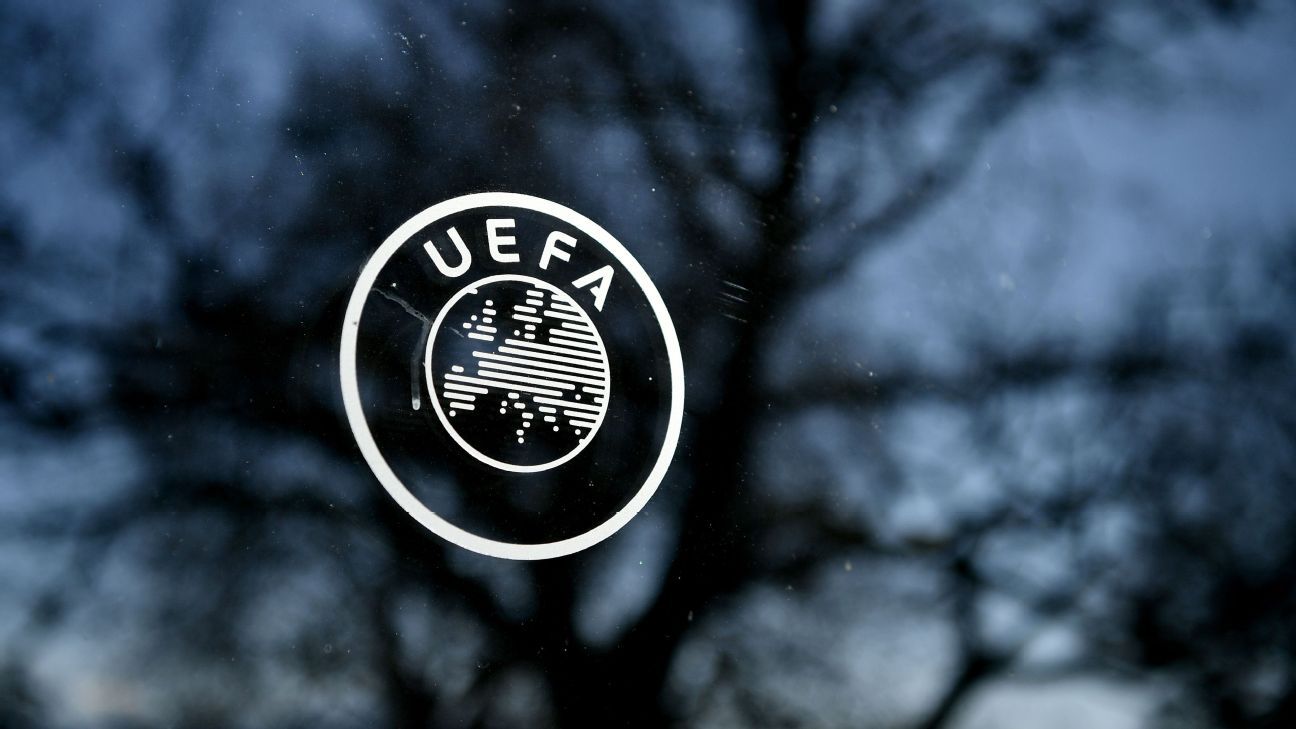
Dr Noel Pollock, chief medical officer at British Athletics, and co-authors Dr James Hull, Dr John Rogers and Dr James Brown offer guidance on physical activity, immune function and what to do if you get COVID-19
The coronavirus (COVID-19) has spread quickly around the world and is the cause of a global pandemic which is causing fatalities, overwhelming health care systems and markedly changing how we currently live our lives. It is at the foremost of everybody’s thoughts and limiting the speed of the spread of the virus is essential.
Physical activity plays an important part in all our lives and there is some information available about the role of physical activity at this time. This information and guidance is being updated constantly by the government and you should check gov.uk/coronavirus for the latest advice.
Regular physical activity enhances our immune system and makes us less likely to contract infectious diseases. That said, the focus should be on maintenance training at this time: to minimise the risk of injury, avoid over-reaching related illness and maintain a healthy immune system. If you are well you can and should continue to participate in light to moderate physical activity on a daily basis. This could include strength training, pilates or yoga as well as running.
Everyone should be socially distancing. This means avoiding close contact (within 2 metres) with anyone outside your household. Therefore, at the current time in the UK, you should not be going for a run, training in groups or doing gymwork/circuits with anyone outside your household. Now it is time for runs on your own or with your family/housemates only. Take full advantage of the excellent online coaching resources, training tips and exercise classes bringing exercise to your front room.
READ MORE: Self-isolation running
General measures to ensure you and your immune system are in the best shape possible during this time:
If you have COVID-19
The main symptoms of COVID-19 are a fever, a new persistent dry cough, shortness of breath or loss of sense of smell.
If you become unwell you should take advice if needed from your local health care system and online resources (in the UK: gov.uk/coronavirus).
For many people with COVID-19 infection it appears that the illness improves over the course of a week. It can however get worse at that time and thus we recommend taking at least 10 days of complete rest from strenuous exercise (and rest for at least 7 days from when your symptoms stop).
This is important and although we still don’t have all the answers to questions of how COVID-19 affects us, it appears that the heart muscle and the lungs can be involved and cause problems even after a week. In some cases this can be very serious and require hospitalisation and high levels of medical support.
If you return to exercise too soon, there is a real risk that you could increase your risk of heart and/or lung complications.
Athletes with chronic medical conditions (for example, asthma) are likely to be at greater risk and in many countries will now be advised to be completely ‘shielded’ and not leave the home.
In some cases, people appear to cope very well with exposure to COVID-19 and may have almost no symptoms (such as only a mild loss of smell and muscle aches). If you develop (even mild) symptoms, then remember that your risk of transmission to others is very high. It is all of our responsibility to keep a safe distance from others and socially isolate.
The COVID-19 outbreak presents significant challenges for athletes of all abilities. Work hard to keep safe, take moderate exercise, focus on staying healthy and take time to relax and re-plan.
Authors
Dr Noel Pollock – Consultant in sport & exercise medicine, chief medical officer at British Athletics @DrNoelPollock
Dr James Hull – Consultant in respiratory medicine, The Royal Brompton Hospital Trust @Breathe_to_win
Dr John Rogers – Consultant in sport & exercise medicine, Manchester Foundation Trust and Manchester Institute of Health and Performance @jpmrogers
Dr James Brown – Sports medicine physician, British Athletics National Performance Institute @sportsdocjb
References for further reading:
- Neil P. Walsh (2018) Recommendations to maintain immune health in athletes. European Journal of Sport Science, 18:6, 820-831. DOI: 10.1080/17461391.2018.1449895
- Campbell JP and Turner JE (2018) Debunking the Myth of Exercise-Induced Immune Suppression : Redefining the Impact of Exercise on Immunological Health Across the Lifespan. Frontiers in Immunology 9:648. DOI: 10.3389/fimmu.2018.00648
- Mountjoy M et al (2014) The IOC consensus statement: beyond the Female Athlete Triad. Relative Energy Deficiency in Sport (RED-S). Br J Sports Med Apr;48(7):491-7. DOI: 10.1136/bjsports-2014-093502.
- Walker Matthew (2017) Why we sleep: The New Science of Sleep and Dreams. ISBN: 9780141983769
- Sommerville VS et al (2016) Effect of Flavonoids on Upper Respiratory Tract Infections and Immune Function: A Systematic Review and Meta-Analysis. American Society for Nutrition. Adv Nutr 2016;7:488–97. DOI:10.3945/an.115.010538.
- Bergman P, Lindh A˚U, Bjorkhem-Bergman L, Lindh JD (2013) Vitamin D and Respiratory Tract Infections: A Systematic Review and Meta-Analysis of Randomized Controlled Trials. PLoS ONE 8(6): e65835. DOI:10.1371/journal.pone.0065835
- Hao Q, Dong BR, Wu T. (2015) Probiotics for preventing acute upper respiratory tract infections. Cochrane Database of Systematic Reviews 2015, Issue 2. Art. No.: CD006895. DOI: 10.1002/14651858.CD006895.pub3.
- Das JK, Bilal H, Salam RA, Bhutta ZA. (2018) Vitamin C supplementation for prevention and treatment of pneumonia. Cochrane Database of Systematic Reviews 2018, Issue 9. Art. No.: CD013134. DOI: 10.1002/14651858.CD013134.
- Hemila H. (2017) Vitamin C and Infections. Nutrients 2017, 9, 339. DOI:10.3390/nu9040339.
- Hemila H. (2017) Zinc lozenges and the common cold: a meta-analysis comparing zinc acetate and zinc gluconate, and the role of zinc dosage. Journal of the Royal Society of Medicine Open; 8(5) 1–7. DOI: 10.1177/2054270417694291















 Phone: (800) 737. 6040
Phone: (800) 737. 6040 Fax: (800) 825 5558
Fax: (800) 825 5558 Website:
Website:  Email:
Email: 






